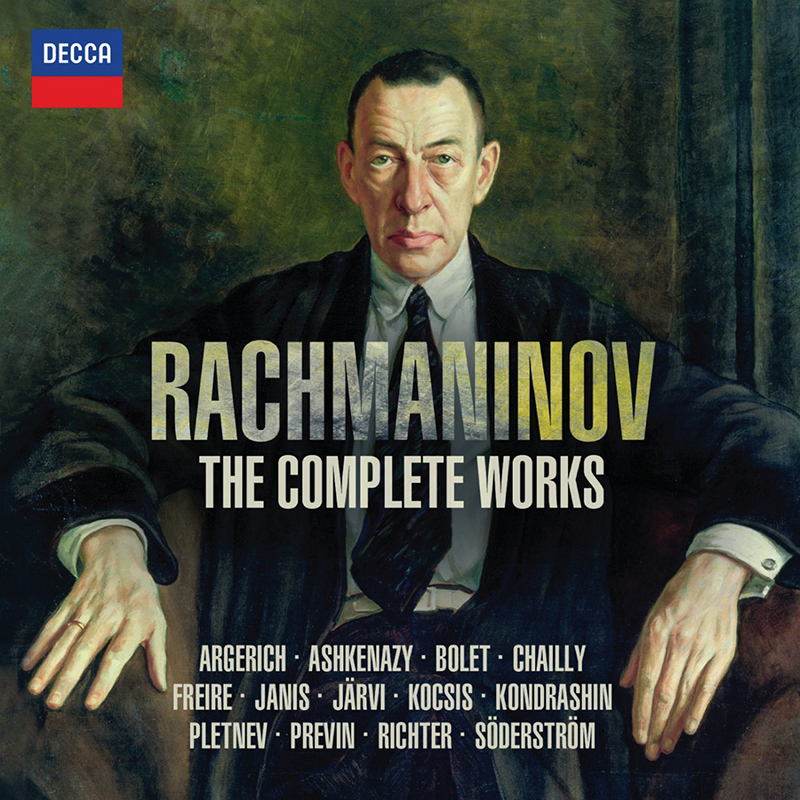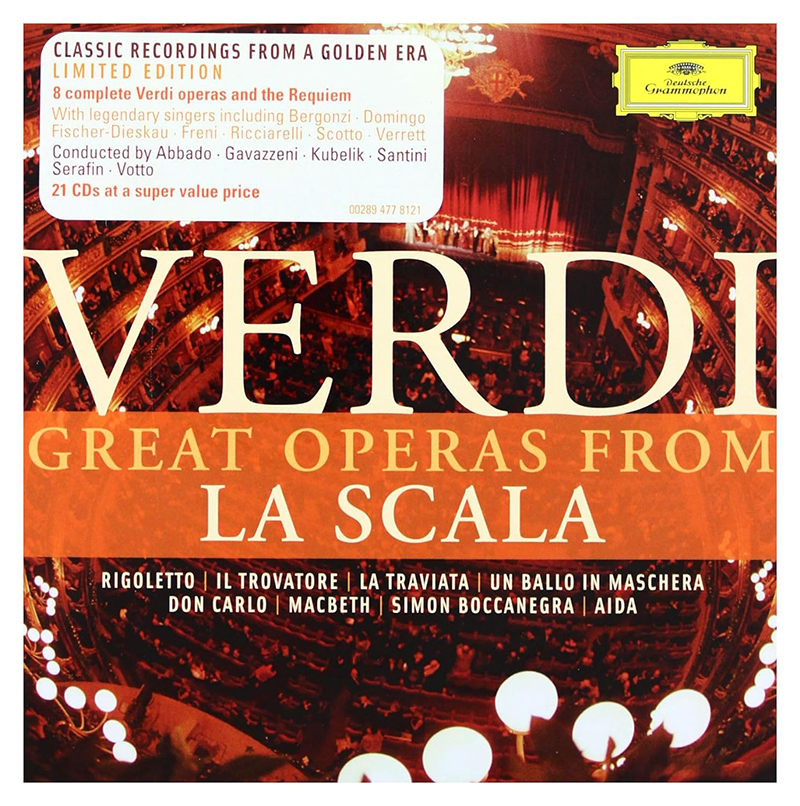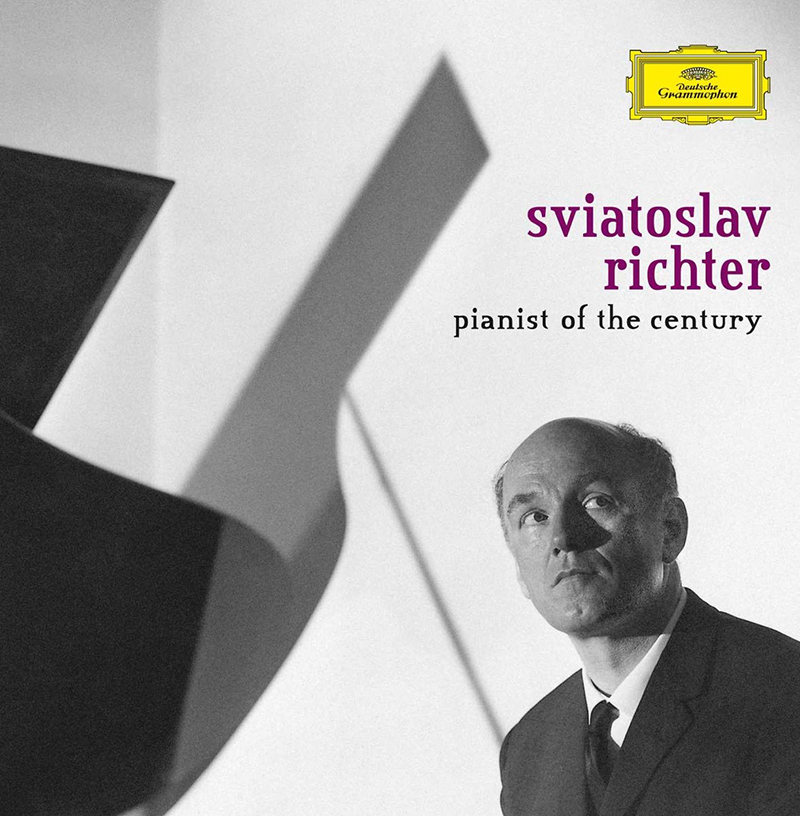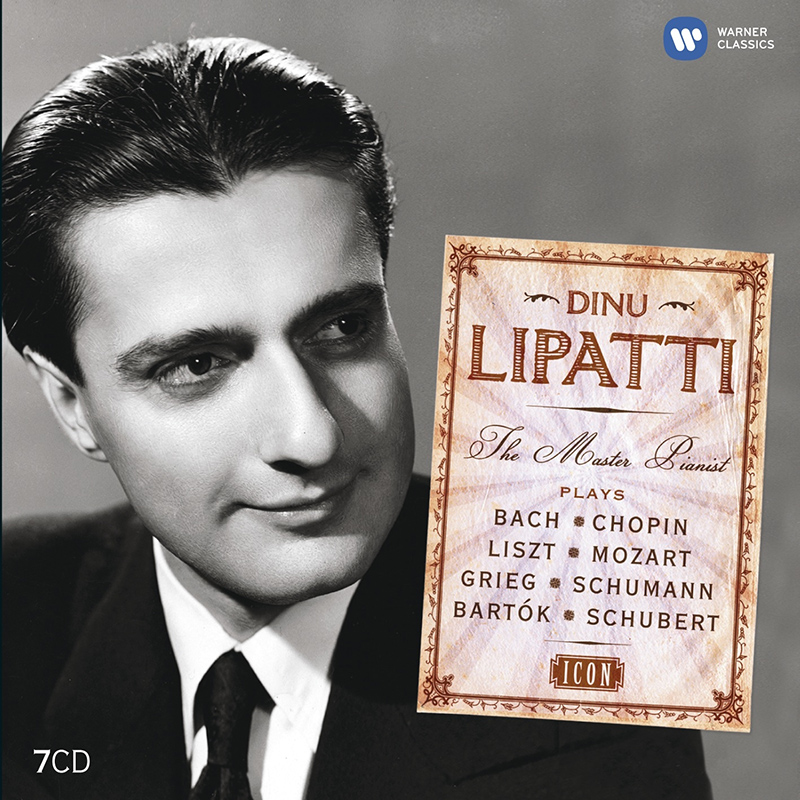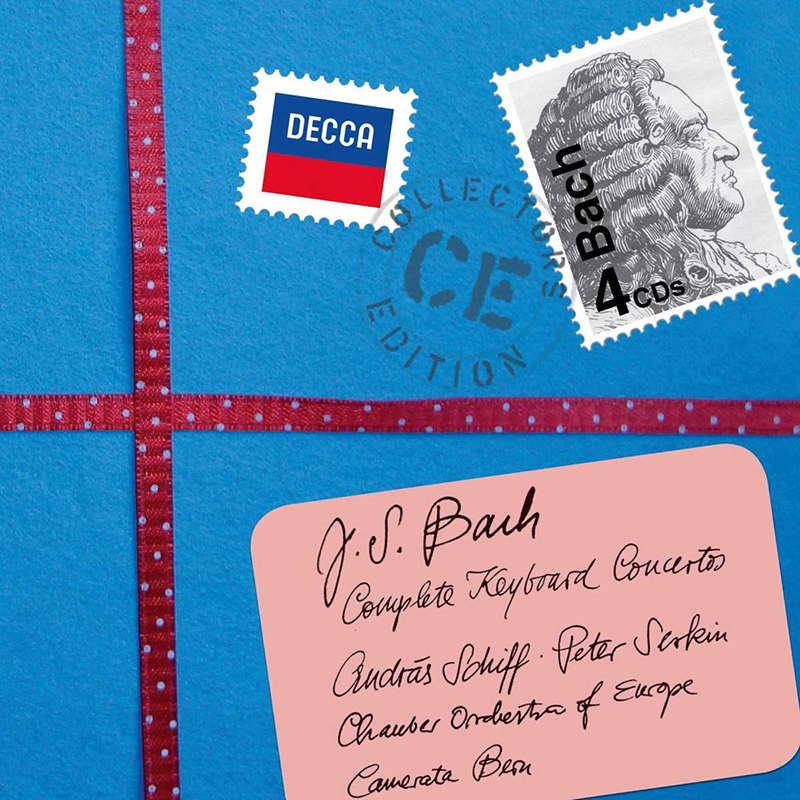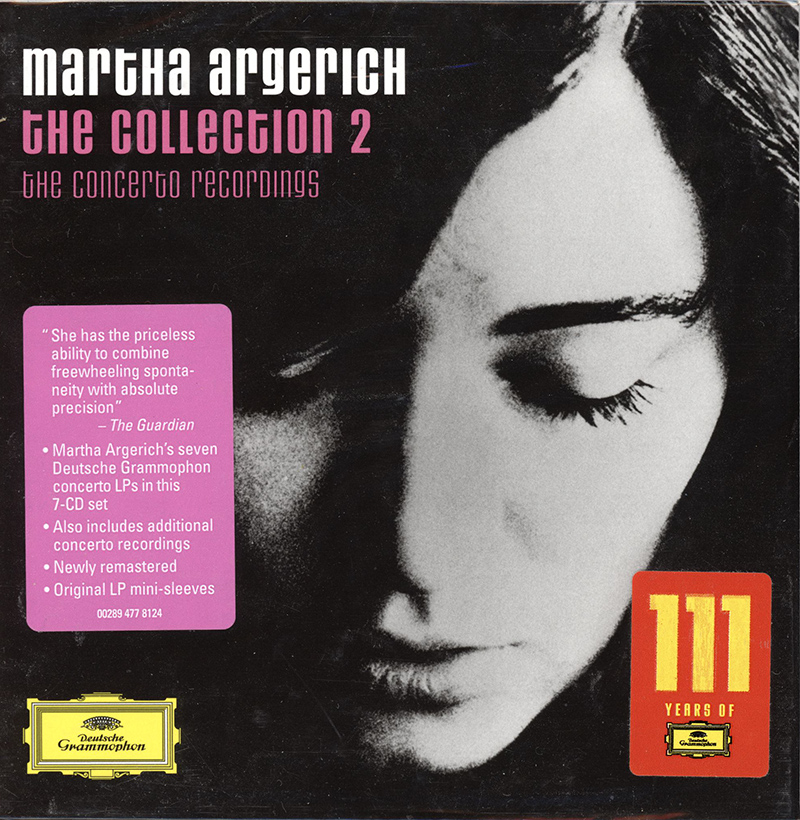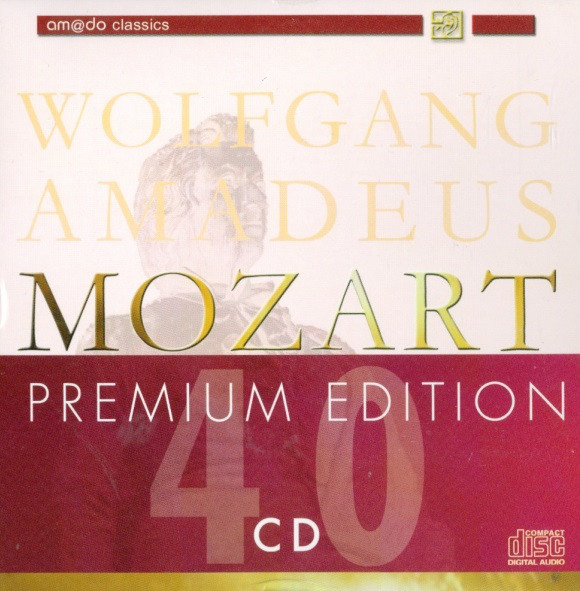Logowanie
KOLEKCJE!
BACH, CHOPIN, LISZT, MOZART, GRIEG, Dinu Lipatti, Otto Ackermann, Ernest Ansermet
The Master Pianist
PROKOFIEV, CHOPIN, TCHAIKOVSKY, SCHUMANN, BEETHOVEN, Martha Argerich, Claudio Abbado, Giuseppe Sinopoli
The Concerto Recordings
The Collection 2
Jakość LABORATORYJNA!
ORFF, Gundula Janowitz, Gerhard Stolze, Dietrich-Fischer Dieskau, Deutsche Oper Berlin, Eugen Jochum
Carmina Burana
ESOTERIC - NUMER JEDEN W ŚWIECIE AUDIOFILII I MELOMANÓW - SACD HYBR
Winylowy niezbędnik
ClearAudio
Essence MC
kumulacja zoptymalizowana: najlepsze z najważniejszych i najważniejsze z najlepszych cech przetworników Clearaudio
Direct-To-Disc
PIAZZOLLA, ChamberJam Europe
Tangos del Ángel y del Diablo
Direct-to-Disc ( D2D ) - Numbered Limited Edition
BERLIOZ, Blanche Thebom, Jon Vickers, Rafael Kubelik, Royal Opera House, Covent Garden
Les Troyens
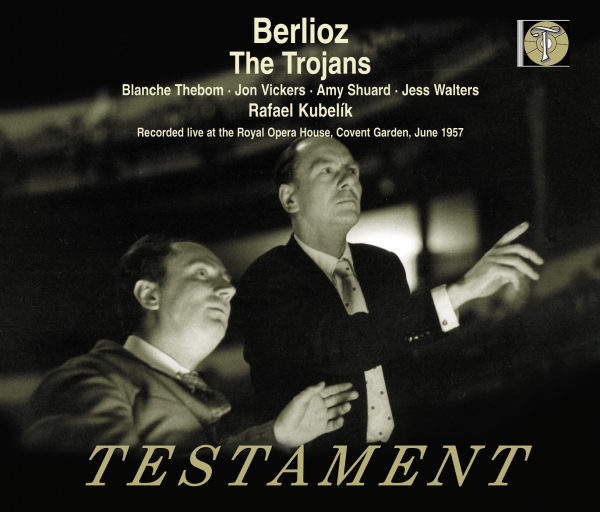
Jon Vickers in conversation with Jon Tolansky - Recorded at the Barbican Cinema, 25 October 1998
From our privileged position, half a century on, there may be a temptation to feel superior and to undervalue the 1957 Covent Garden Trojans and what it achieved. We hear these distant sounds with ears familiar with the work from performances – conducted by the likes of Colin Davis, Alexander Gibson, Michael Gielen, Roger Norrington, John Eliot Gardiner, James Levine and others – more assured, more accurate and fuller than was possible for those worthy pioneers, tackling it for the first time. They had to make do with inaccurate performing material hired from the Paris firm of Choudens, disfigured by mistakes (including a clangorous clarinet wrong note – E natural instead of E flat – in Act 3, just after Aeneas’ “Come, child, embrace thy father”). The New Berlioz Edition full score was still no more than a twinkle in the eye of its future editor, Hugh Macdonald. So, in defiance of dramatic sense, the Royal Hunt and Storm was played after the garden scene instead of before, simply because that was where it figured in the Choudens material, having been omitted from the 1864 vocal score and then, later, put back in the wrong place. We may well raise our eyebrows at the cuts that were made in 1957: a sizeable chunk of the Act 3 ceremonies and most of the scene in Dido’s room in Act 5, as well as six bars removed from the processional entry of the Wooden Horse. And some of Rafael Kubelík’s tempos may strike us as strangely excessive, sometimes hectically fast – the chorus’ C-major Allegro vivace in the opening scene, the Wrestlers’ Dance – at other times dragging – Corebus’ cavatina, Dido’s “Farewell, Carthage of mine”. But all this would be to miss the point. What Kubelík and his performers achieved in 1957 and in the revivals of 1958 and 1960 (the latter conducted by John Pritchard) was absolutely crucial. It changed everything. At a stroke the whole picture was transformed. The Covent Garden production vindicated Berlioz’s original conception of a 5-act opera embracing Troy and Carthage in a single span, and his belief in the greatness of the work, and it did so in the face of a century of hostile, dismissive opinion.
Extract from the booklet note David Cairns, 2009
![]()
October 2009
“It is difficult not to approach this historic broadcast without some feeling of awe. …Amy Shuard as Cassandra… was on the threshold of her international career… Blanche Thebom, as Dido, does not immediately make such an impact, yet by the time the love duet, "O sweet night", is reached one is captivated by her warm personality. Jon Vickers's Aeneas... makes a superbly positive hero.”
Blanche Thebom (Didon), Jon Vickers (Enée), Amy Shuard (Cassandre), Jess Walters (Chorèbe), Lauris Elms (Anna), David Kelly (Narbal), Michael Langdon (Panthée), Joan Carlyle (Ascagne), Richard Verreau (Iopas), Forbes Robinson (Priam), Noreen Berry (Hécube), Dermot Troy (Hylas), Joseph Rouleau (L'Ombre d'Hector), Robert Allman (Un chef grec), Alan Beale (Mercure), Ronald Lewis & Rhydderch Davies (Soldiers) Covent Garden Opera Chorus & Covent Garden Orchestra, Rafael Kubelík